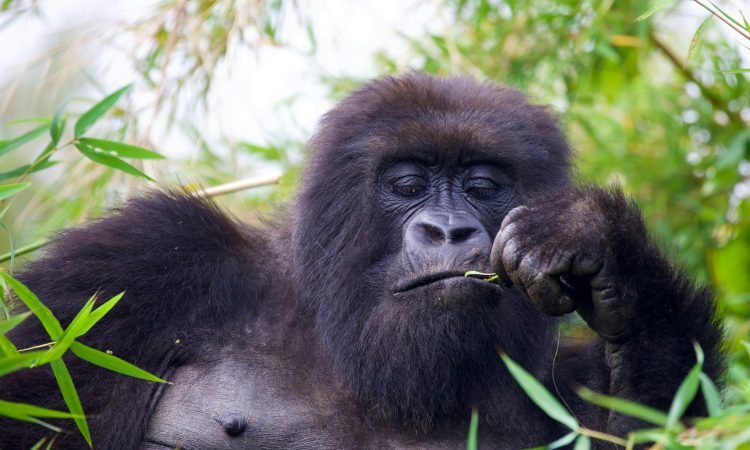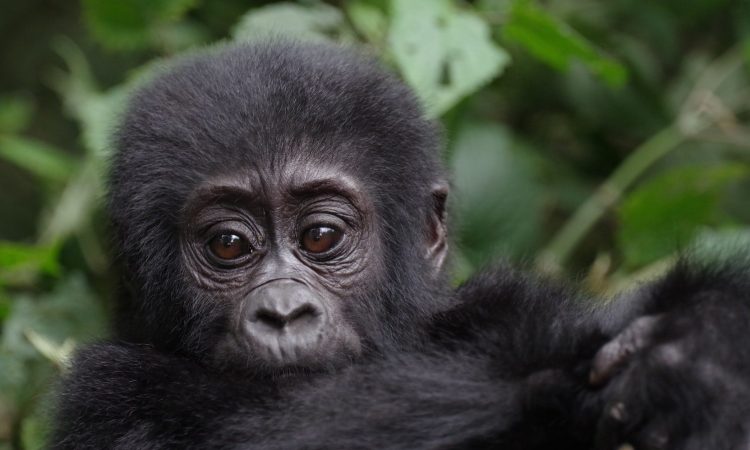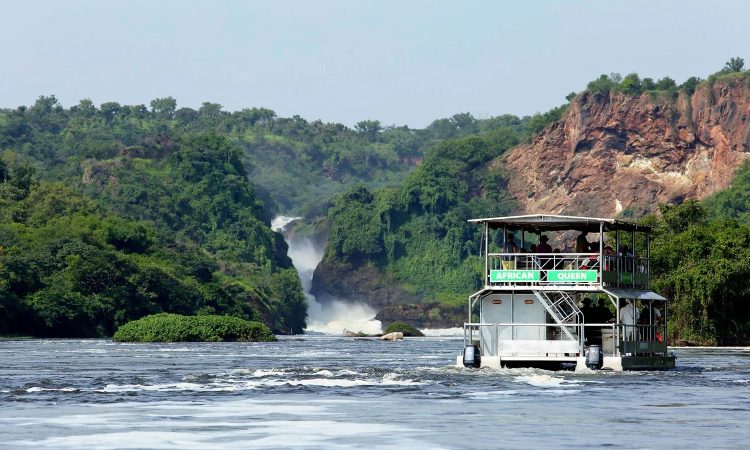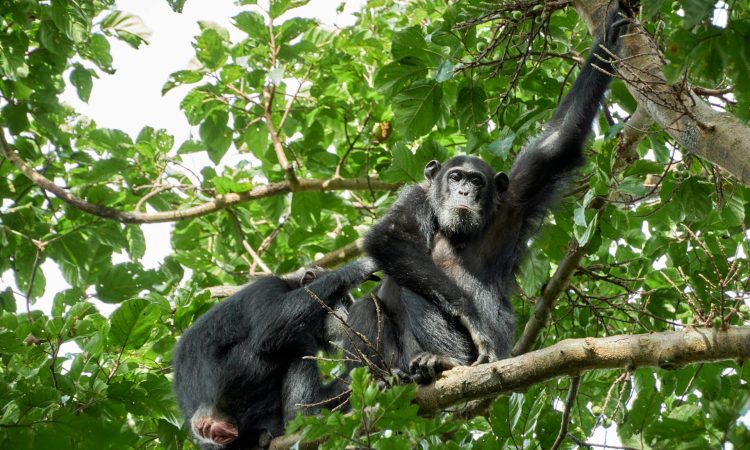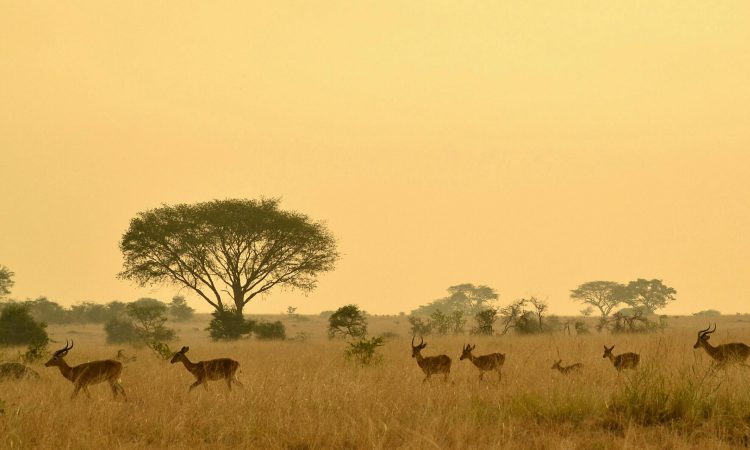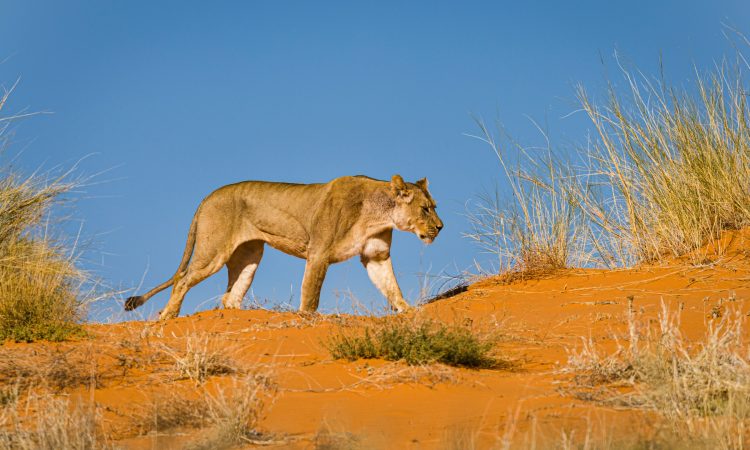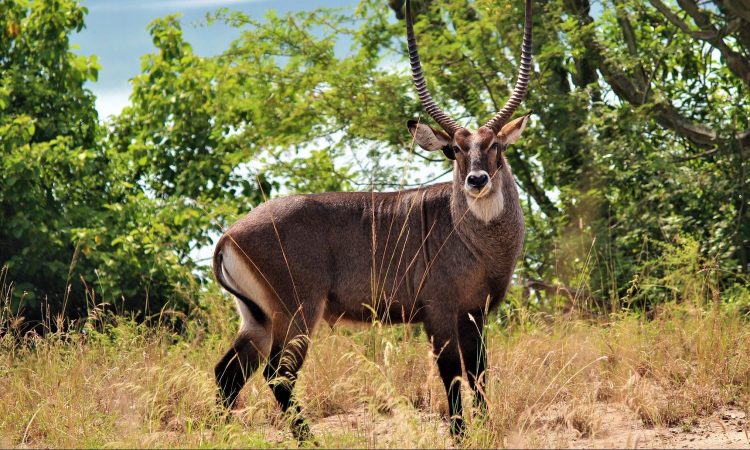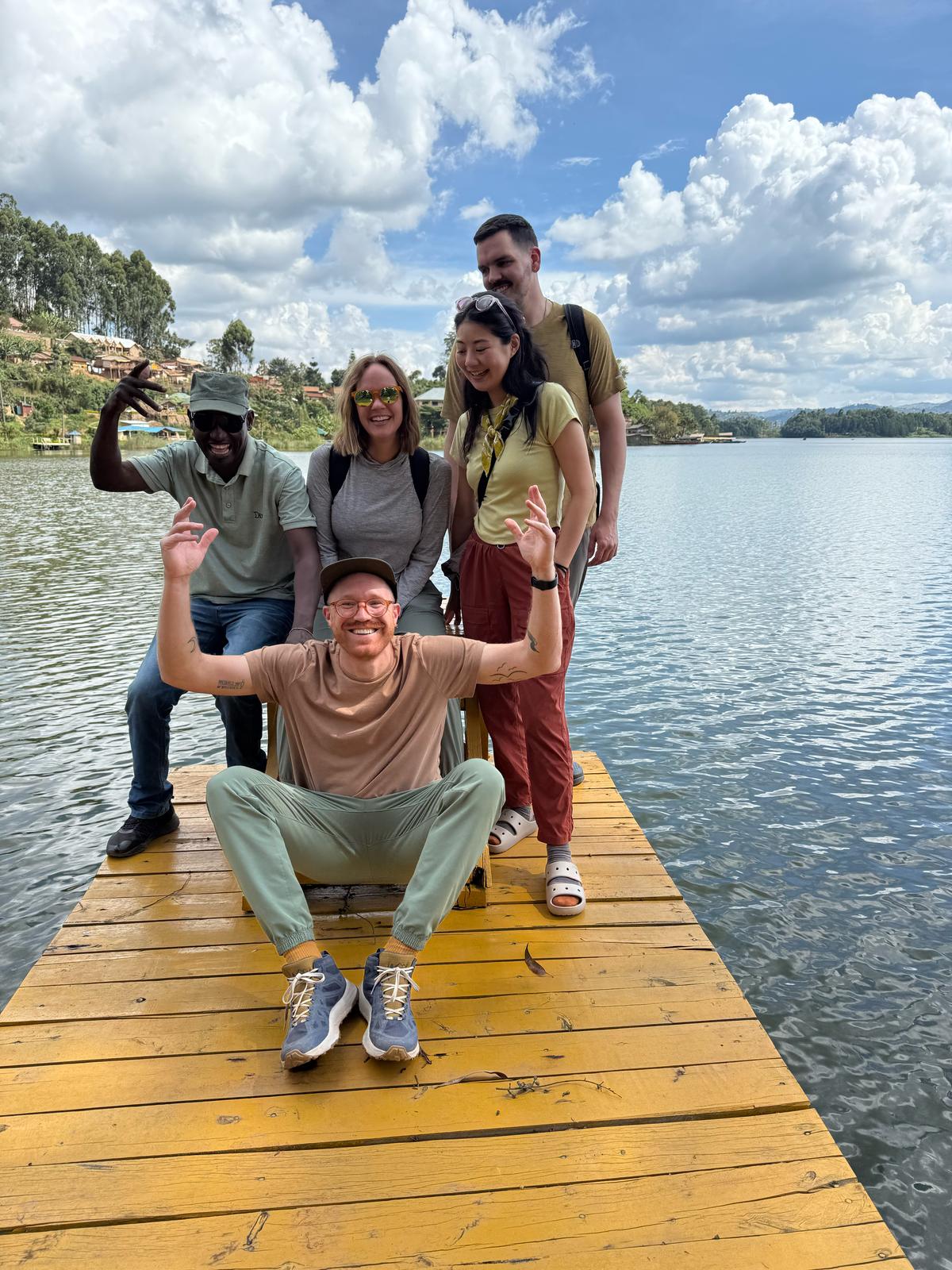Chimpanzees are endangered primates, sharing about 98% of their genes with humans, which makes them our closest relatives. In the past, over 1,000,000 chimpanzees lived in at least 25 countries across Africa. Today, their numbers have dropped sharply to about 100,000 to 200,000 chimpanzees left in the wild, found in only about six African countries.
Chimpanzees are endangered mainly because of habitat loss. This happens when humans clear land for farming, settlements, industry, mining, and other uses. They are also threatened by poaching. Sometimes, chimpanzees get caught in traps set for other animals like small antelopes. These traps can injure or kill them, reducing their numbers.
The high demand for bush meat has also put chimpanzees at risk. Some wealthy people see eating bush meat as a status symbol, and restaurants selling it earn large profits, which encourages more hunting of chimpanzees and other wild animals.
Young chimpanzees are often captured and sold abroad as pets or kept in private zoos. When capturing young chimps, their mothers are often killed because they may become very aggressive and dangerous to the captors.
Chimpanzees also face threats from diseases like Ebola and other infections. Their immune systems are weak, so diseases spread quickly within groups. Logging and mining companies have built roads in chimpanzee habitats, which makes it easier for poachers to reach them.
The best way to help chimpanzee conservation is by not buying chimpanzees as pets and not eating bush meat. You can also support chimpanzee centers that care for orphaned chimps or visit chimpanzees in the wild. The money from buying trekking permits helps support conservation work.
Chimpanzee tracking can be done in several places in Africa:
- In Uganda: Kibale Forest National Park, Budongo Forest Reserve, Kyambura Gorge, and Kalinzu Forest.
- In Rwanda: Nyungwe Forest National Park and Cyamundongo Forest.
- In the Democratic Republic of Congo: Virunga National Park.
- In Tanzania: Gombe Stream National Park.
Book Your Tour Now
If you want to add more days or visit more places, please contact us through our main contact page using the button below.


